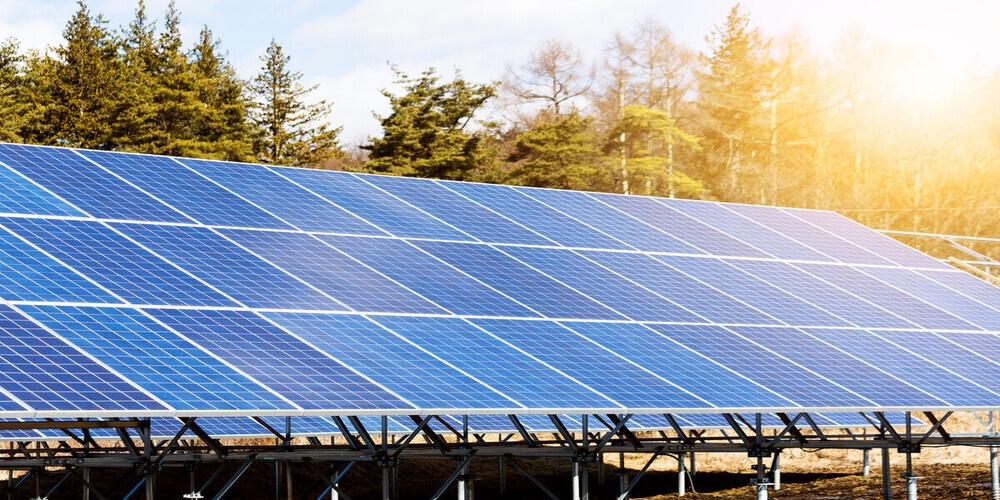In recent years, there has been a significant surge in interest in renewable energy sources owing to the urgent need to address climate change and lessen our reliance on non-renewable fossil fuels. Among these sustainable sources, solar energy is a particularly promising solution. By capturing and converting the sun's abundant energy, solar power not only aids in cutting down energy expenses but also plays a crucial role in minimizing harmful carbon emissions, thereby contributing to a greener environment. This aims to go deep into all aspects of solar energy solutions, equipping you with in-depth knowledge and insights to embrace this eco-friendly alternative.
Understanding Solar Energy
Solar energy is harnessed by capturing sunlight and turning them into electricity using photovoltaic (PV) cells. These cells, composed mainly of silicon and other semiconducting materials, generate an electric field when struck by sunlight. The electrical energy generated in this manner can effectively power individual homes, commercial establishments, and even urban areas. Solar panels are commonly installed on building rooftops or expansive open fields to optimize sunlight exposure. Utilizing solar power presents a sustainable and renewable energy solution that contributes to a greener future for our planet.
Types of Solar Systems
Grid-tied systems are linked to the local utility grid, enabling any surplus electricity produced by the solar panels for credits or compensation. This setup allows for a more dynamic energy exchange with the grid, promoting energy efficiency and potentially reducing electricity costs for the user.
On the other hand, off-grid systems function independently of the grid and depend on battery storage to provide backup power when sunlight is insufficient, such as on cloudy days or during nighttime hours. This autonomy offers a sense of self-sufficiency and can be beneficial in remote locations where connecting to a utility grid is not feasible.
Benefits of Solar Energy
One benefits of solar energy is its positive environmental impact. This renewable energy source is crucial in reducing greenhouse gas emissions by harnessing clean electricity from sunlight through photovoltaic solar panels. Additionally, installing solar panels contributes to a greener planet and can result in substantial long-term cost savings on electricity bills. Furthermore, many governments worldwide provide various financial incentives, such as tax credits, grants, or rebates, to encourage and support the adoption of solar energy, making it an attractive and economically viable choice for sustainable energy solutions.
Considerations for Installation
Before deciding to invest in a solar energy system, it's crucial to consider various factors. These include your geographical location to assess the amount of sunlight received, the orientation of your roof for optimal solar panel placement, and, of course, your budget constraints. Collaborating with a trusted solar installer is key, as they can evaluate your requirements and advise on the most suitable system for your property. Moreover, don't overlook the significance of regular maintenance in ensuring the efficiency and durability of your solar panels for years to come.
The Future of Solar Energy
As technology progresses, the future promises increasingly efficient and cost-effective solar solutions. Exciting innovations like thin-film solar panels and integrated solar roofing tiles are revolutionizing the renewable energy sector for both residential and commercial use. Through continuous research and development endeavors, the accessibility of solar power is poised to expand, offering a sustainable energy source to a broader audience.
In conclusion, harnessing the sun's power through solar energy solutions offers numerous environmental and financial benefits. By understanding how solar systems work, exploring different types of installations, considering various factors before investing, and staying informed about technological advancements, you can positively impact our planet while reducing your carbon footprint. Embracing renewable energy sources is a step towards creating a more sustainable future for future generations.
Harnessing the Power of the Sun: Your Complete Guide to Solar Energy Solutions

4 min read
26 February
In case you have found a mistake in the text, please send a message to the author by selecting the mistake and pressing Ctrl-Enter.

No comments yet